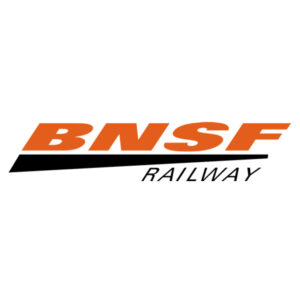 WASHINGTON — A landmark BNSF Railway drawbridge in Seattle will receive a $25 million for mechanical upgrades under the federal Infrastructure for Rebuilding America (INFRA) grant.
WASHINGTON — A landmark BNSF Railway drawbridge in Seattle will receive a $25 million for mechanical upgrades under the federal Infrastructure for Rebuilding America (INFRA) grant.
U.S. Sen. Maria Cantwell (D-Wash.) announced the funding on Friday for the Salmon Bay Bridge, which handles up to 40 BNSF, Amtrak, and Sounder trains per day, as well as allowing passage of about 100 vessels daily. The funds will replace the mechanical system of the 108-year-old bridge between Ballard and Interbay.
“The Salmon Bay Bridge is a critical piece of freight and passenger transportation infrastructure that is at risk of failure,” Cantwell said in a press release. “… These funds will ensure that one of Seattle’s most iconic bridges remains operational for another 50 years.”
BNSF will provide an additional $70 million for the project.
“This project is critically important to Washington’s rail network,” Washington State Secretary of Transportation Roger Millar said. “WSDOT is pleased to be a part of ensuring the continued operation of this bridge that links both train passengers and freight movements throughout western Washington and beyond. We thank Senator Cantwell for her leadership in funding the needed improvements.”






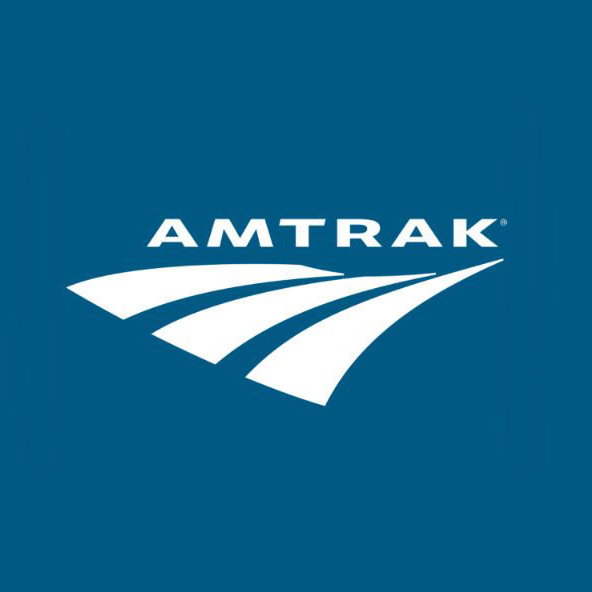
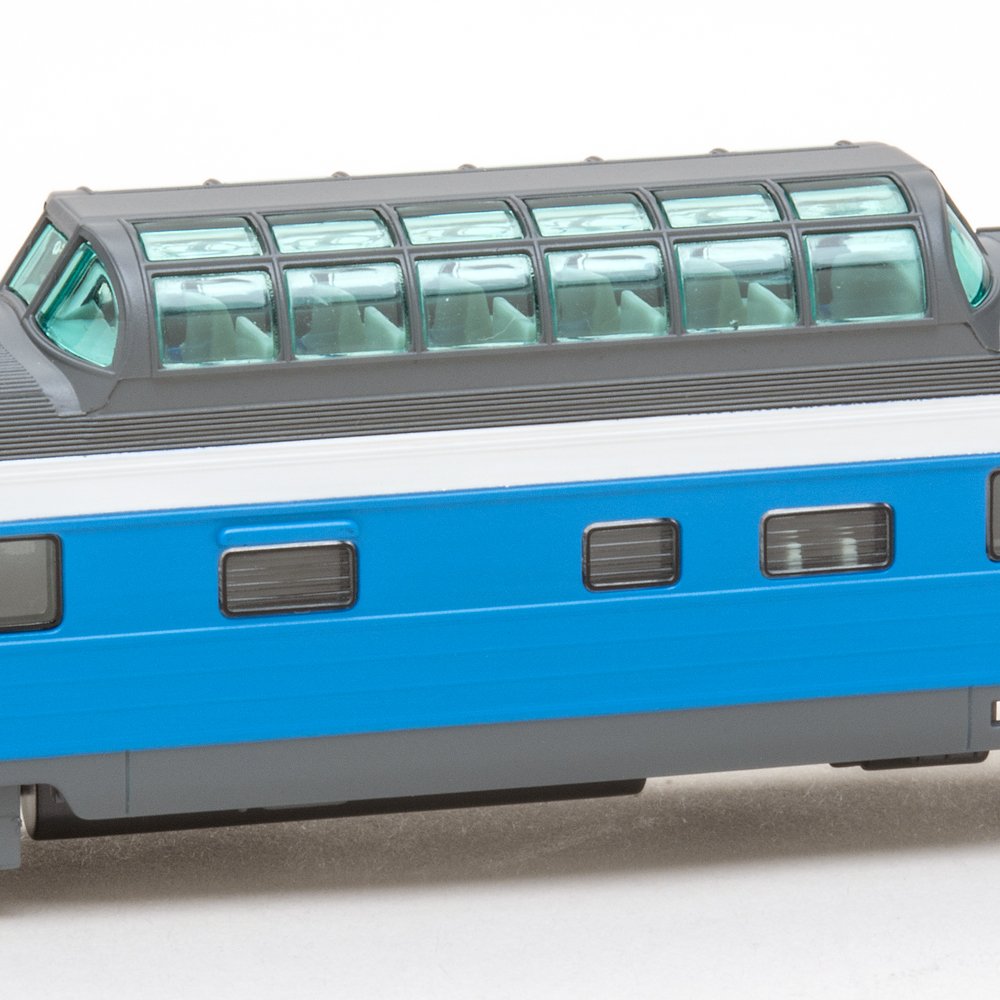
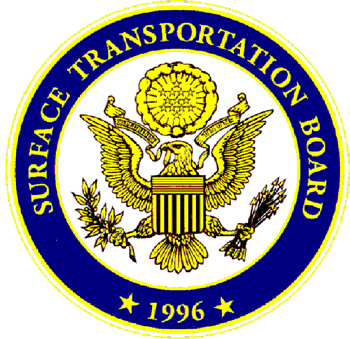
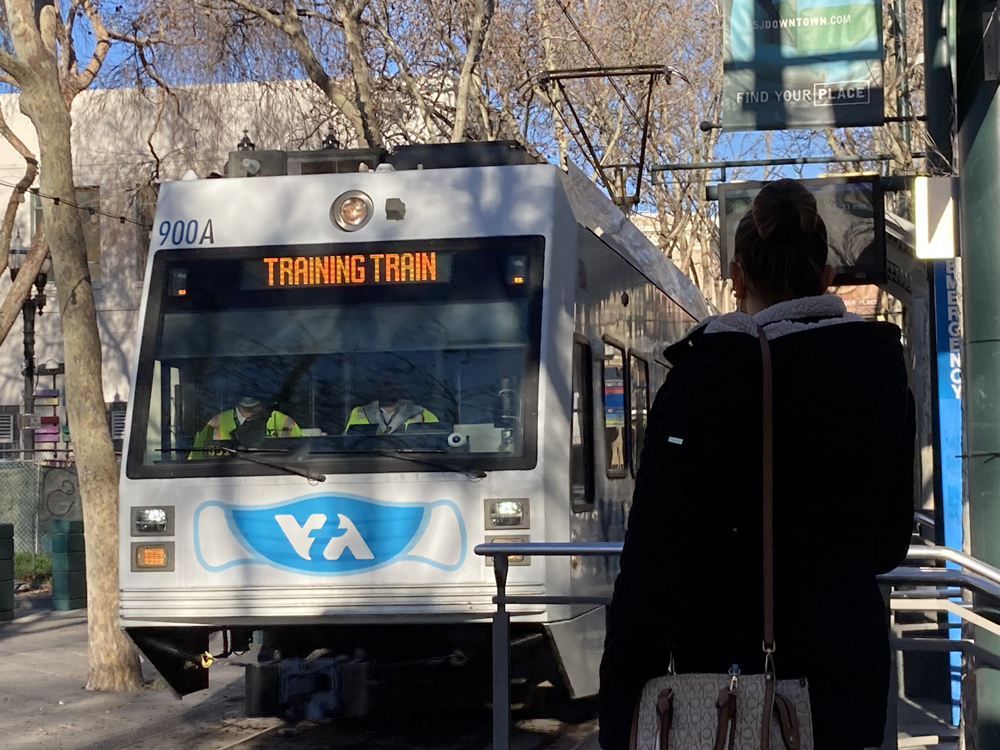




There is a BNSF video on Youtube telling us that the bridge is in “great shape” and only needs a “few components” replaced. It looks like a Lionel #313 Bascule Bridge.
Seems like a total waste of money to me.
Going to spend 95 million on the mechanical components, what about the structure? 100 year old steel is subject to brittle fracture, at anytime and without destructive testing cannot be detected until it cracks.
I personally think this is a gamble and with the amount of time it takes to get anything done especially in an environmentally sensitive area I’d be getting on with a full replacement that is inevitable anyway.
Regardless the new bridge would need to be relocated to one side or another to facilitate navigation and rail traffic, explains why the huge cost of replacement.
Actually a replaceent bridge can be installed in the same footprint as an existing bridge. Just review the replacement of a much larger Merchants bridge at StLouis. Just took less than 2 days to lower the old bridge and raise a new one into place. That after newer more earthquake resistent columns and bents were built with the old bridge remaining in service.
But the bridge in St Louis is not a draw bridge so much easier to simply replace a fixed span.
With a draw bridge the lift machinery and foundation structure for the lift side becomes the issue.
I guess it could be done but can’t recall ever hearing being done
Burlington, New Orleans Public Belt, Black River Slough, Peoria & Pekin Union, etc, etc. The list goes on, this is what I can recall off-hand in few moments. These are all moveable bridge structures that have been replaced on the original alignment of the previous moveable. In fact, there is a good chance that the current BNSF bridge in that location replaced an earlier moveable.
As for cost, $95,000,000 doesn’t get what it used to as they say.
Thanks for the info Peter
The replacement of the swing Walk bridge with a lift bridge on MNRR is another. The lft bridge is being built to be wider over the waterway and swing bridge. As well with the lift portion built above the swing bridge. Complicating factor is that all this is built over live CAT probably at times with some de energizing.
The mechanical upgrade is probably due to the fact there is a very vocal group of preservationists in Seattle who want the “look” of the bridge to remain. So the compromise is to upgrade the 100 year old mechanical operation of the span but keep the truss and deck the same.
As for why tax dollars are being used, if memory serves BNSF simply announced they were going to replace it as it was functionally obsolete. But because tax payer supported passenger service uses the bridge as well, they have some skin and responsibility in the game.
So BNSF will pay their share ($70 million) and the taxpayers their share ($25 million).
As too “why” it costs co much, I can list a few things. 1) It has to stay operable during the construction. For trains and boats using the Chittenden Locks. 2) Seattle has a very aggressive permitting regime that seeks to please everyone in and around the work site. 3) The work has to be extremely green to please the local and noisy eco’s.
Why is tax money used to replace century old infrastructure for a company that has been generating record profits?
Putting lipstick on the corporate welfare pig.
I may have come from a time when a candy bar was a dime, but doesn’t 95 million sound like a lot for a mechanical upgrade? Couldn’t you build a new bridge for that much, and have some loose change left over for candy bars? Just askin’.
George, you’re a young man compared to me. I recall 5-cent candy bars. (And 5-cent popsicles.) Speaking of inflation, am I the only one to notice there’s no “cent” keystroke on the keyboard??? The way things are going the keys on the next generation of keyboards will start in multiples of a thousand dollars.
Hey, as has been commented on this site, it costs more to rebuild existing, and/ or rebuild in place, and/ or rebuild under traffic stages, than to build all new.